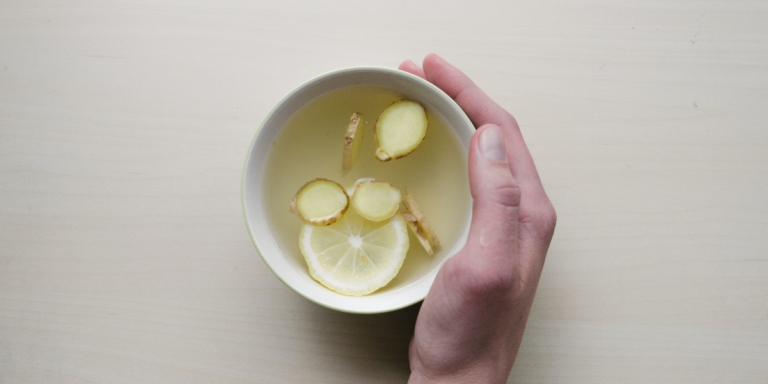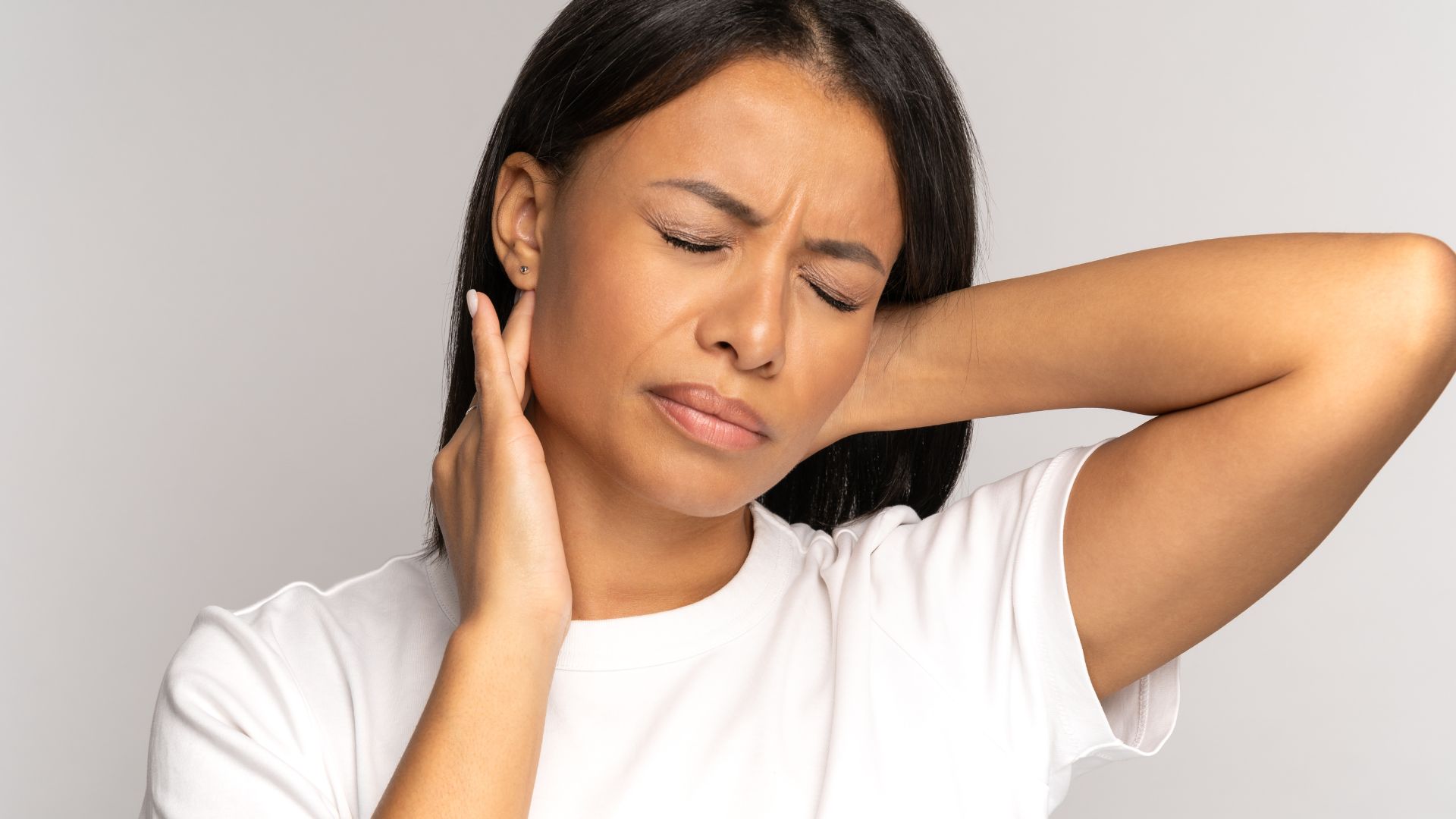Detoxing is having its day in the sun. Evolving into a popular health fad, the more than $4 million industry has led many to put faith in detox diets, juice cleanses, and an abundance of teas and herbs. These products claim to will clear your body of harmful toxins, help you lose weight, and reverse the side effects of chronic illness, but what is fact and what is fiction? Is detoxing good for you?
It is a fact that toxins do exist and build up in your body. These toxins can be from the natural byproducts of your body’s normal processes. Other toxins enter our bodies through pollution, pesticides, and various other environmental chemicals along with a diet heavy in processed foods.
You might be at a place where you just feel…off. Headaches and fatigue are prevalent along with increased acne and maybe a little stomach trouble. These symptoms can sprout from how your body really handles toxins. There is little scientific evidence that the current detox market does actual work in flushing out of your system, however, there is one method that never fails – your own body.
Your body is much better at detoxing on its own than any juice, special diet, or tea. Your liver, kidneys, and colon do an excellent job of eliminating and filtering most ingested toxins leaving, but there are three ways to push this dream team into overdrive.
Eating Clean
To support your body’s natural filtering system, adopt a clean diet of fresh fruits and vegetables, whole grains, lean proteins, low-fat dairy (or none at all), nuts, olive oil, etc. Limit the number of processed foods (if possible, avoid them altogether) in your diet, and maybe skip Wine Wednesday for a couple of weeks. These adjustments will give your body the space it needs to start filtering out the bad and if your goal is weight loss, it will produce more sustainable results than hopping on a “detox diet”.
Drink Water, Then Drink Some More
Water is the turn-key for the lungs, kidneys, and liver to do their jobs. Staying hydrated is critical in pushing out toxins. Common detox methods like colon cleansing can actually work against your efforts to stay hydrated by getting rid of fluids that make it harder for your liver and kidneys to function resulting in them storing waste, which is not what we want. If you need a little help staying hydrated, I am a huge fan of adding cucumbers lemons, or mint to water to give it a refreshing taste.
Beauty Sleep is Not Just for the Outside
Don’t skip out on your nightly seven hours. Research has shown that your brain undergoes a natural detoxifying process in the wee hours of the night, removing harmful byproducts produced during a typical day of focusing on what is important. Think about that feeling you get when you know you have pushed your brain to its utmost capability. That usually means it is time to give it a rest. Insufficient rest overall has been linked to diseases like obesity and hypertension and seems to damage your immune system. Nothing seems to go untouched when you skip out on the shut-eye
So the bottom line on detoxing: Your body can handle toxins just fine. Adjusting to holistic lifestyle with more whole foods, hydration and movement will give your body the opportunity to detox and heal.







